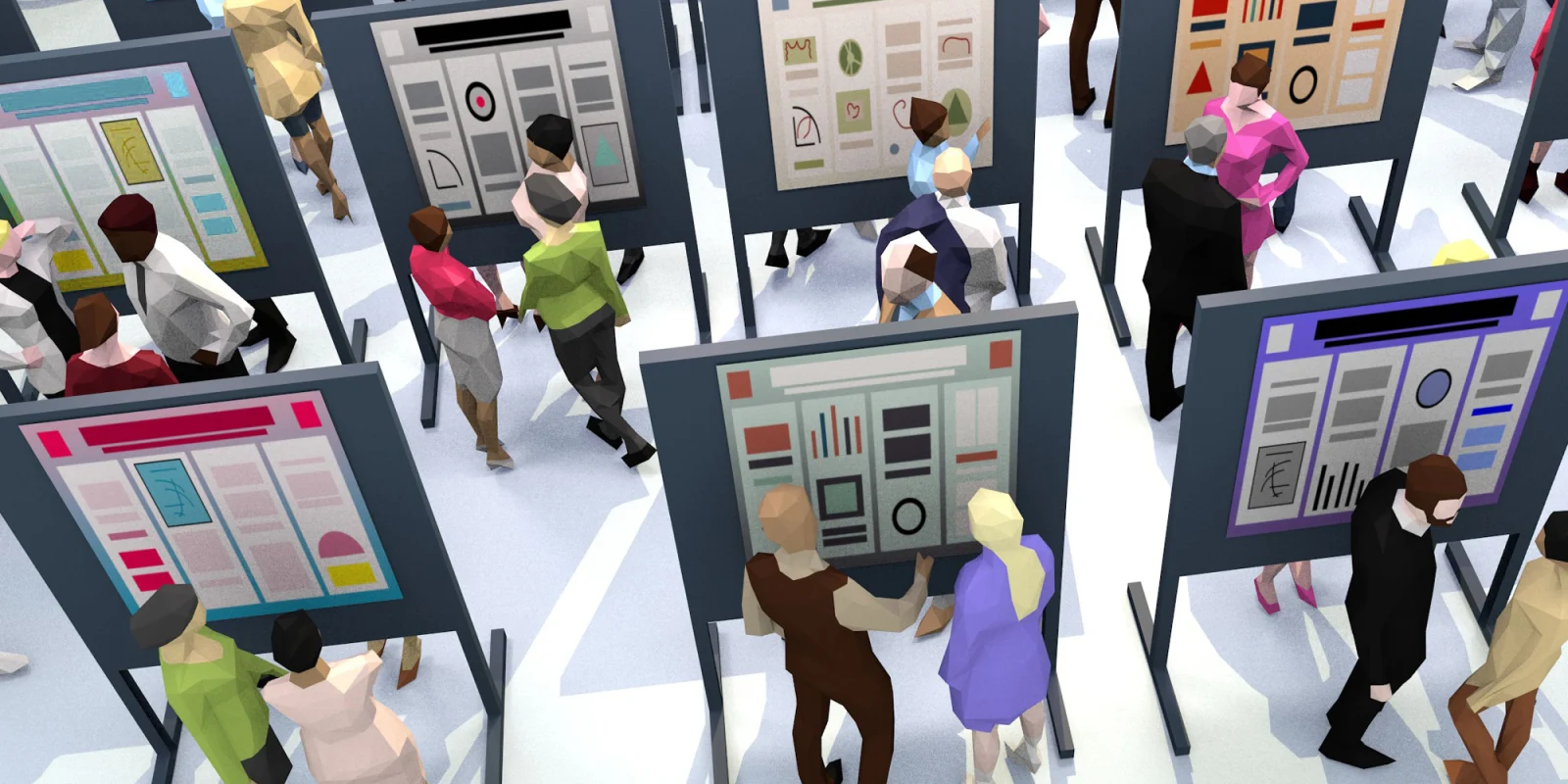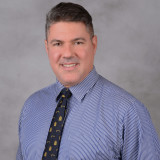
The annual meeting of the American Society of Anesthesiologists is, for me, a must-attend event. There are multiple reasons: the amazing articulated program includes practical sessions, review sessions, poster presentations, and much more. From skilled, experienced, and high-level academicians and researchers to administrators, public health figures and the most important component: students, residents, fellows, and in-general learners (me included). It is so large and comprehensive that often I get disappointed because I can't attend all the sessions I am interested in!
This year I felt the meeting was different. Being held at the Orange County Convention Center, the conference immediately had a sense of mystical force (maybe in preparation for the last SAGA episode of Star Wars), a sense of physician-healer urgency in the frenetic world of techno-bureaucracy and insurance-led coding.
The first session I attended was titled Artificial Intelligence and Perioperative Medicine, moderated by Maxime Cannesson, a UCLA Professor of Anesthesiology. Together with other UCLA faculty, it opened with the theme of "for the future of medicine." But it immediately appeared that management of big data, acquisition of human parameters, and interpretation by computers — with the operational input of self learning systems (I am thinking now at Watson, IBM) — is a due passage, but is not the prize.
Indeed, in the opening session, Dr Verghese, a Professor of Medicine at Stanford, greeted the multitude of doctors with his talk to Humanistic Care in the Technological Care. It is interesting that in a profession like anesthesiology, the ultimate escape from physician to patient contact, relationships, and dialogue, there is a need for a bond for a deep mission in human care and profound empathy. It is through the careful vigilance of an anesthesiologist that we challenge the pressure of finance-runners anchored into the limits of production lines.
The answer belongs to patient care: quality, cost-effective, and beyond everything, safe. The annual Ellison C Pierce Memorial Lecture, also known as the American Patient Safety Foundation Lecture, was presented by Dr. Cooper, PhD, from Harvard University. The most important factor in maintaining the core of values in patients' care is having professional and respectful communication. A common (nonsense) dynamic is that a conflict often arises in the operating rooms or hospital ward halls between caregivers. The Surgeon-Anesthesiologist relationship is an especially important place for enduring performance and encouragement of safe care. The future generations of physicians need to be nurtured in a culture of collaboration, problem-solving, and honest, reciprocal trust.
Dr. Jerome Adams, Surgeon General of the USA, gave the Emery A. Rovenstine lecture, "The Future of the Physician Anesthesiologist." We, as physicians, are called to the real meaning of our mission and profession. We are called through the delivery of a safe and effective anesthetic, to understand the roots of current health care failure to provide not only a safe net for patients to access in the moment of need, but to prevent diseases and make the American people prepared. It is sad to recognize that maternal mortality is on the rise, that children are not vaccinated, and that elders do not have a safe place to go after surgery.
I did not have chance to attend a few of the sessions related to physician burnout and physician suicide, but they were perfectly integrated in the theme of humanism and current workplace disharmony as well the displacement of the physician mission of patient care. Such a mission is endangered by present management practices as well as complex personal, social, and family-related dynamics that make physicians prone to isolation, loneliness, and loss of self determination.
Another important section was dedicated to the international collaborations, especially through the Asian, European, and South American delegations. Myself, I had members from all over the globe attending moderated sessions and problem-based learning discussions.
From a clinical standpoint, the conference was chock full of the latest clinical debates, as well as a scientific exhibit offering the latest technologies, patient care devices, and tools. There was a rich program of poster and oral presentations from a wide spectrum of trainees and faculty, as well as medically-challenging cases. These came together to be a symphonic orchestra of the broad variety of anesthesiology specialties and scenarios.
Speaking of best practice and translational science, the John W Severinghaus Lecture, by Prof. Wiener-Kronish, a Harvard Intensivist and Researcher, discussed the evolution of care in best Lung Ventilation practices related to the use of PEEP. This was a celebration for many like me that learned from the few of international experts in lung protection and lung physiology. It also surfaced emotional memories of mentors and teachers. The same must have happened to Prof. WK when remarking the loss and early death at age 57 of Prof. Brian Kavanagh from the University of Toronto, a passionate and inspiring clinician and researcher in ventilation and lung physiology.
It is with this final comment that I collect my last words and reflect on the value of this latest edition of the Anesthesiology conference. At the end it is not about the caucuses, the PACs, the science: we are all proud to be promoters, supporters, and discoverers. It is about the love and compassion for our patients and the intimate relationships we established with them. I am proud to have been honored with the trust and bond of my patients and look forward to another year of making this country's health better and stronger at every turn, as well as supporting a humanized medicine for physicians and their partners.
Illustration by Jennifer Bogartz






